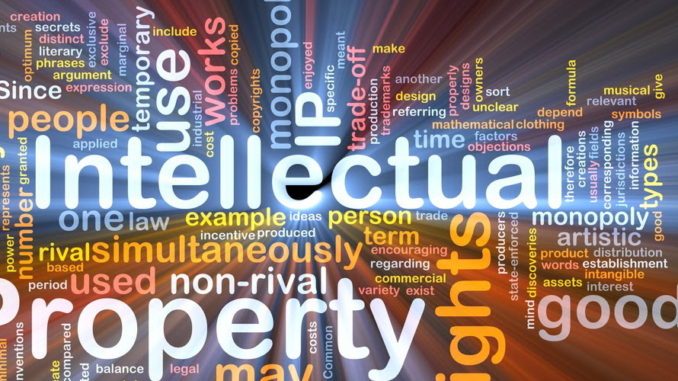
What exactly is a patent? It is the basic and exclusive ownership of a product, a tool, an idea, or a process. Most importantly, once a patent is granted, anyone wishing to use the item or idea must pay the owner a licensing fee, known as royalties. It’s the same as renting it out, but there is no restriction on the number of people who can, for a contracted period, be licensed to use the patent at any one time. Naturally, being granted a patent can very often prove extremely lucrative, as the potential for earnings by the patent holder can be enormous. However, most patents do not have an infinite period of exclusivity attached to them, nor are many spectacularly successful.
Historically, patents may have existed in some form under the Greek empire, certainly in Venice from 1450, but the modern system was developed from the time of the industrial revolution in the UK, in the late eighteenth century, and although initially concerned with ‘things’, of which a model had to be produced, were soon expanded to include thoughts, ideas – effectively intellectual property.
Alexander Graham Bell Telephone
[divider]
[one_half]
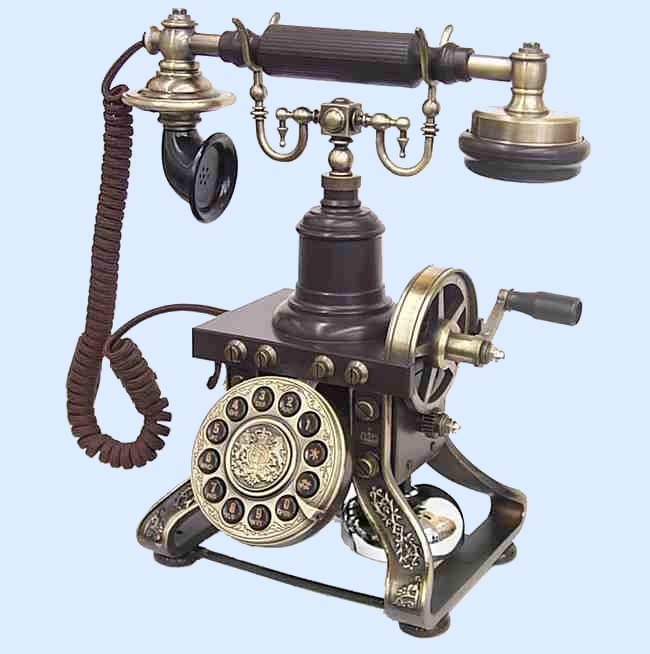
[/one_half][one_half_last]
However, the first ‘modern’ patent to be granted is accepted as that to Samuel Hopkins in the USA in 1790, for his method of producing potash (potassium carbonate). As to the most valuable patent issued – experts agree that the honour resides with that granted to Alexander Graham Bell for inventing the telephone – despite claims by others – but the value is, literally, incalculable: even those experts cannot put a figure on the benefit of Bell registering his invention before others who were working on a similar product at the time. The principle of the telephone remained virtually unchanged until the development of the mobile ‘phone some 100 years later.
[/one_half_last]
The period during which a patent was/is exclusive property came to be set at 20 years, and in modern times the World Trade Organisation effectively oversees what might be described as international rights to patents. Costs of applying for a patent compared with benefits can be very modest – around $3,000 unless the item or idea is very complicated, in which case attorneys fees can mount-up.
Patent holders of particularly valuable items have earned a great deal of course, however, and perhaps unsurprisingly, a great deal of money has also been earned by patent holders suing those who have, deliberately or not, used or attempted to subvert the patent without paying royalties.
Liptor & Pfizer
[divider]
[one_half]
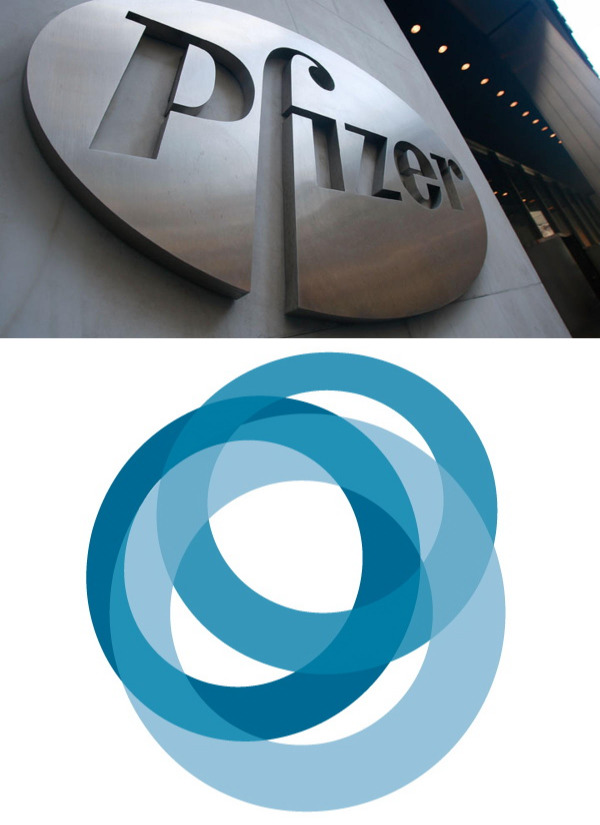
[/one_half][one_half_last]
As of 2016, the patent which can be assessed as having directly earned its owner the most is for Liptor, a drug widely credited with lowering cholesterol and therefore minimising the chance of suffering a heart attack or stroke. It was owned by Pfizer, the pharmaceutical giant, and the patent was granted in December 1993, although the product wasn’t actually launched until 1997. The patent expired in June 2011, and is estimated to have earned the company over $110 billion in that time.
Of course more interesting are the legal cases surrounding improper use of a patented product. The following are instances of patents that have earned millions for the owner of the patent following legal proceedings, but also a couple of relatively simple products being patented by smart inventor/developers.
[/one_half_last]
Puff Daddy v Sting
[divider]
[one_half]
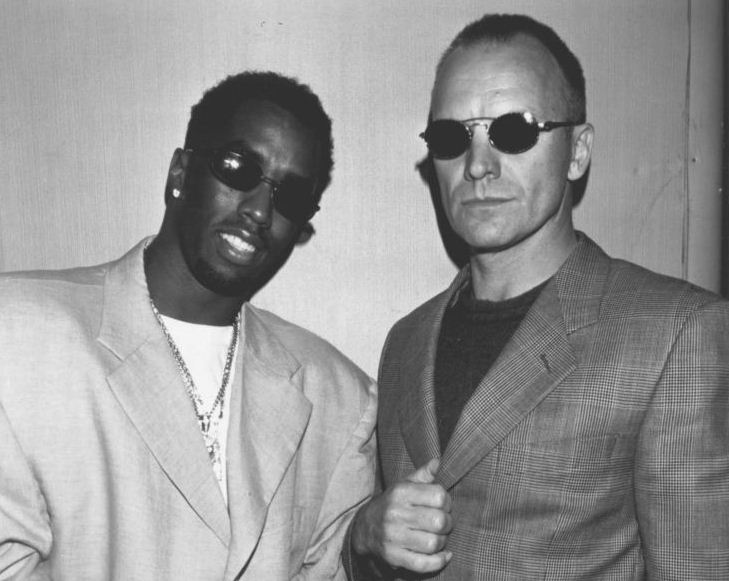
[/one_half][one_half_last]
Puff Daddy v Sting in 1997, P. Diddy carelessly used “Every Breath You Take,” as a tribute track for Notorious B.I.G., his late close friend, entitled “I’ll Be Missing You”. For approved usage the royalties would have been 25% to Sting, who owns 100% of the original, instead Diddy’s failure to secure an agreement meant that Sting is still reaping 100% of the publishing royalties, estimated to now be between $20-$40 million for “Every Breath You Take,” plus a minimum of $2000 a day from “I’ll Be Missing You”, P. Diddy’s all time best-selling single, and Grammy award winner.
[/one_half_last]
Paul Brown’s patented Valve
[divider]
[one_half]
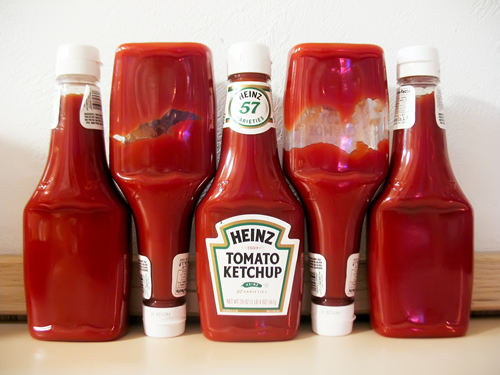
[/one_half][one_half_last]
In 1991 Paul Brown patented the valve that allows liquid products to be stored upside down without leaking, after a reported 112 attempts to perfect the model. He then licensed it to companies such as Heinz, Gerber and even NASA, among many others in the food and cosmetic industries in particular. Paul’s invention eventually meant that ketchup could be sold in other than glass bottles. Strangely, in 1995 Paul sold his company for just $13 million, when even retaining a contract for a percentage of every related product sold could clearly have rewarded him with a large income over many years.
[/one_half_last]
Lonnie Johnson v Hasbro Inc. Johnson
[divider]
[one_half]
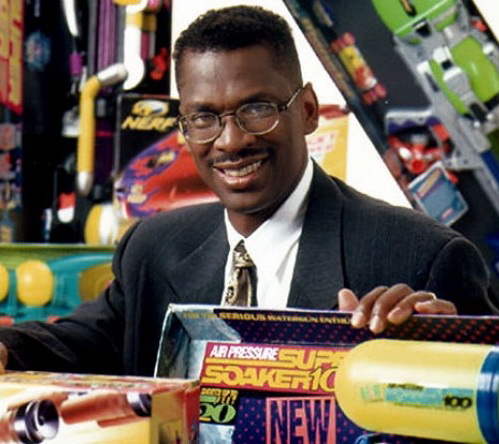
[/one_half][one_half_last]
Lonnie Johnson v Hasbro Inc. Johnson, then a NASA scientist, produced the Super Soaker, reputedly the best-selling toy of the early ’90s, selling the rights to Hasbro for 3% of royalties in 2001. However, in 2013 Johnson was awarded $73 million from Hasbro in a court judgement as a consequence of the company not paying royalties for five years; sales are now over $1 billion. Incidentally, Johnson created his own company – Johnson Research and Development – and now holds over 80 patents, including for rechargeable battery technology. His net worth is estimated at over $360 million.
[/one_half_last]
ViaSat Inc. v Space Systems/Loral (SSL)
[divider]
[one_half]
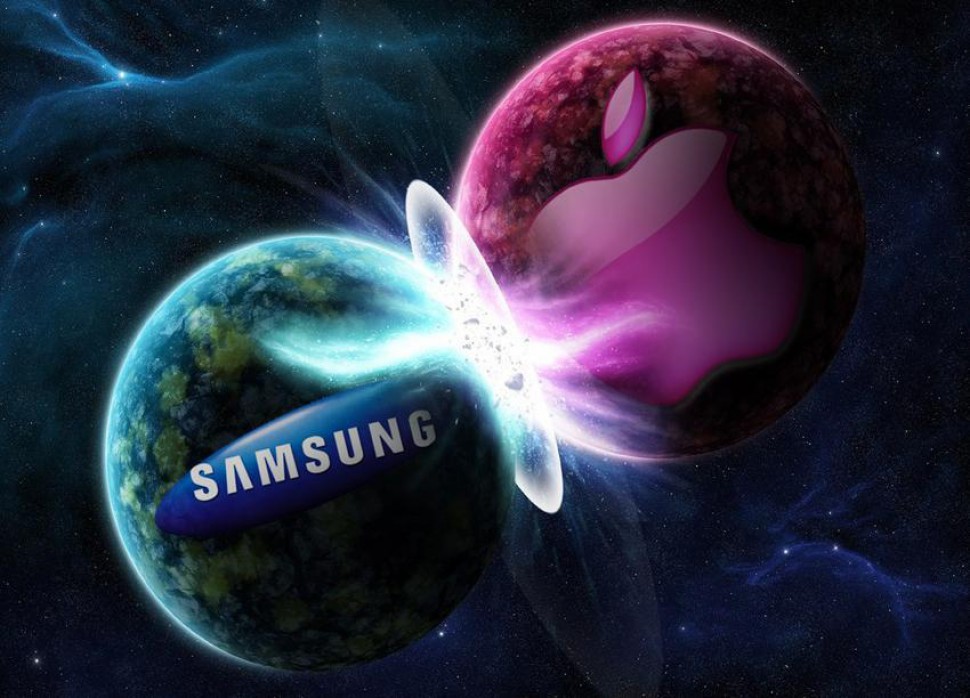
[/one_half][one_half_last]
ViaSat Inc. v Space Systems/Loral (SSL). SSL’s decision to build broadband satellites for ViaSat competitors was found to breach the patents of, and contract with their former customer. In a judgement believed to be the biggest ever in the industry, ViaSat was initially awarded $283 million by a federal court, later decreased to $100 million, with $40 million up front, and the remaining $60 million in quarterly instalments. Clearly playing by the rules would have been a cheaper option.
[/one_half_last]
Stryker Corporation v. Zimmer, Inc.
[divider]
[one_half]
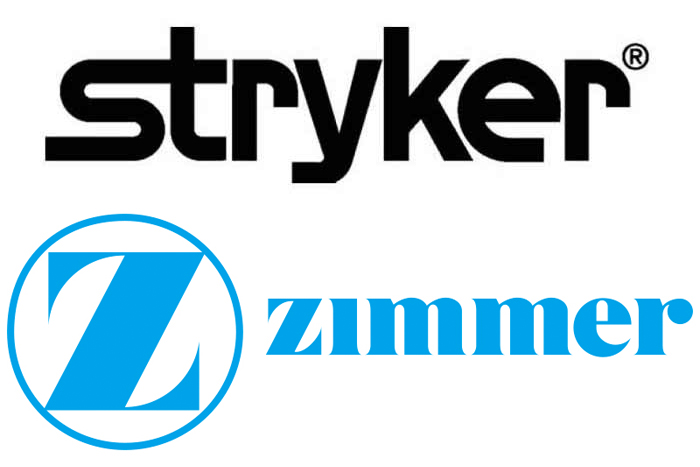
[/one_half][one_half_last]
Stryker Corporation v. Zimmer, Inc. In 2013, Zimmer was initially ordered to pay Stryker $70 million for patent violations over a device utilised in the removal of ‘debris’ during orthopedic operations, the system Pulsavac Plus. A jury ruled that Zimmer had “willfully infringed” three patents owned by Stryker, and on appeal was ordered to pay $228 million, an estimate of revenue ‘stolen’.
[/one_half_last]
Apple v Samsung
[divider]
[one_half]
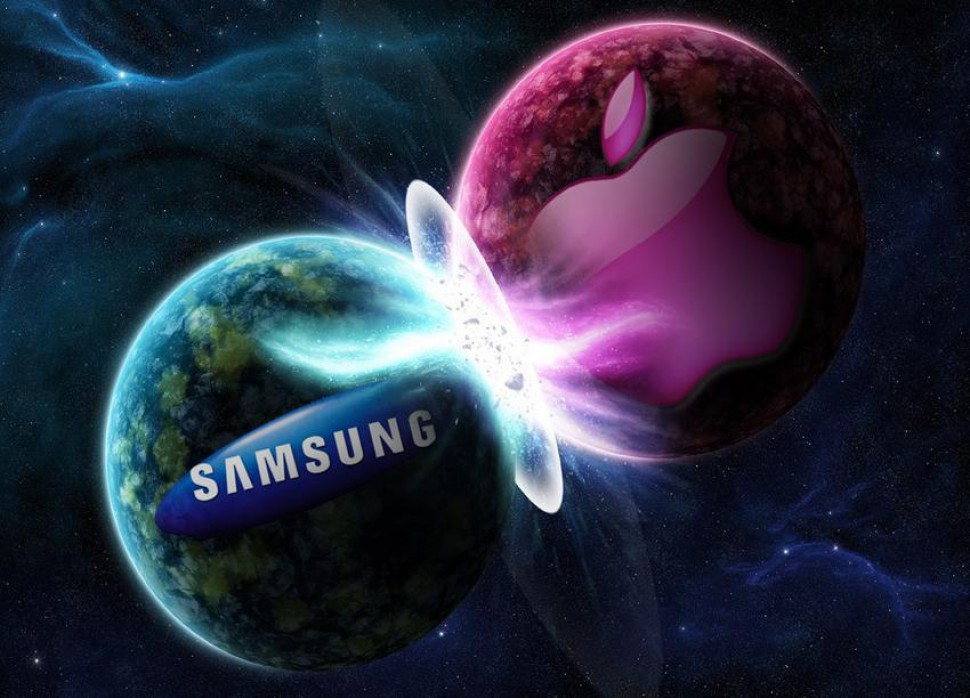
[/one_half][one_half_last]
Apple v Samsung. After a court hearing which took two years between two electronics giants regarding copyright infringement, Apple sought $2 billion but was eventually awarded $290 million in 2013. Some features were relatively simple, but had nevertheless been patented by Apple in a smart move, resulting in a significant boost to company income, and confirmation that the patent system was still working as it was intended.
[/one_half_last]
Beanie Babies
[divider]
[one_half]
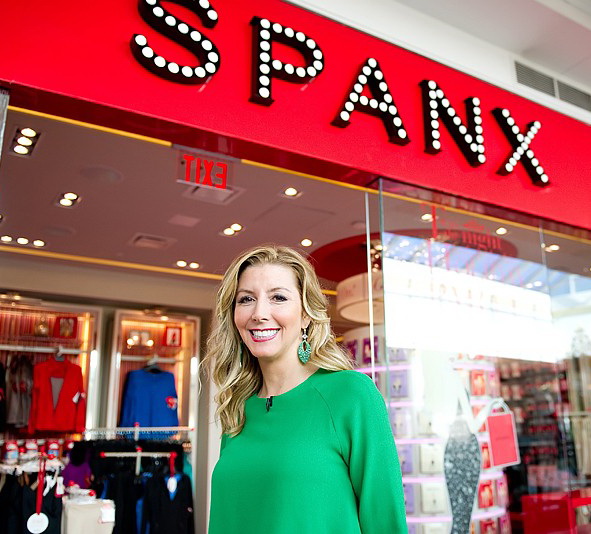
[/one_half][one_half_last]
Sara Blakely is recognised as the youngest self-made female billionaire in the world, earned from her simple idea for Spanx – cutting the legs out of her stockings. Sara was so sure of herself, that she used all her savings of $5000 for the research, development and production of the type, even then writing and submitting the necessary patent application herself. Favourable support for the product from such as Oprah Winfrey saw Sara’s net worth quickly soar to over $1 billion, largely thanks to her smart thinking in securing the patent.
[/one_half_last]
Nokia v Apple
[divider]
[one_half]
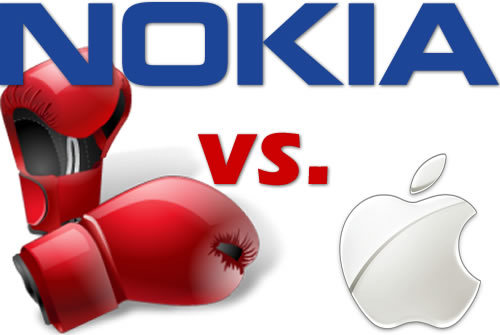
[/one_half][one_half_last]
Nokia v Apple. Again featuring in the list, and again in a two-year court battle, but this time Apple was the accused in a copyright infringement lawsuit over the iPhone – Nokia had been awarded a patent in 1999 covering the use of touch-screen technology in ‘phones. Nokia was eventually awarded more than $1 billion from Apple, and additionally royalties of $13 per iPhone device sold, in perpetuity – Apple is now much more popular in sales of cellular devices, having sold well over 100 million iPhones since their launch, but the Apple oversight means that they contribute royalties to Nokia from every sale – the patent worked again as intended.
[/one_half_last]
Ty Warner’s Beanie Babies
[divider]
[one_half]
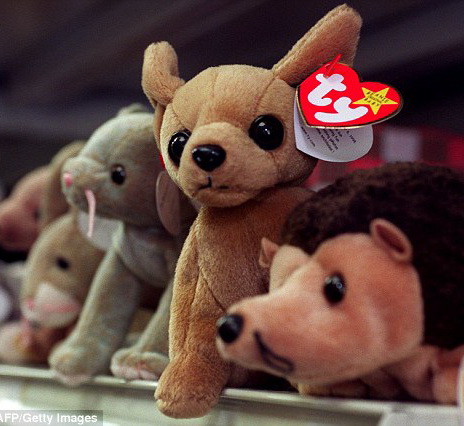
[/one_half][one_half_last]
Ty Warner created Beanie Babies while holidaying – perhaps there’s something in relaxing to inspire creative thought – and he subsequently built a company which now outstrips Mattel and Hasbro together in sales. Ty was smart enough patent his invention, then to market limited editions, and so-called secret releases to build excitement around the toy around the world, with Beanie Babies earning him over $700 million a year in the mid-’90s. His net worth is now almost $2 billion, especially since he also ventured into the hotel-owning business with Four Seasons in New York City, and a few resorts: not bad for a former unimpressive actor.
[/one_half_last]
The post What is the Net Worth of a Patent? appeared first on Net Worth Post.
Leave a Reply